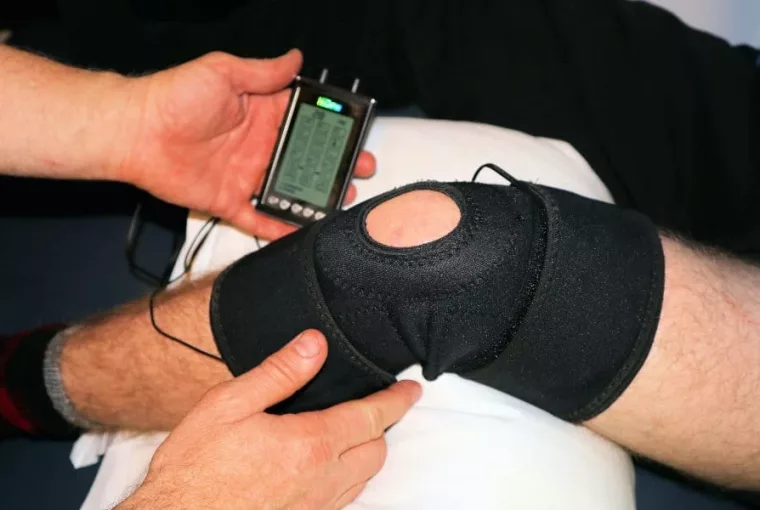Some illnesses require that you go through surgery, mainly if the doctor exhausts all other options. However, an operation may come with significant consequences. For instance, some people develop pain, stiffness, muscle weaknesses, reduced mobility, reduced independence, and so forth.
For this reason, a doctor will recommend that you go through post surgery rehabilitation in Houston to ensure that you get back on your feet. If you are yet to understand what benefits this type of rehab can have to your body, this article highlights some of the benefits why it’s essential. Let’s jump right into it.
How Post-Surgery Rehabilitation Takes Place
Once the doctors complete the surgery, the post-surgery rehabilitation process will begin. Depending on the type of injury you have, the process can take up to a year. The doctor will call in the therapists who may start doing it while you are still in the hospital. Your doctor will also provide clear instructions to help the physician develop a customized treatment plan for you.
After you leave the hospital, the practitioner will recommend that you visit the hospital for continual rehabilitation to go back to your usual self.
Helps to deal with pain
Any doctor will tell you that pain is normal after any surgery. It can occur because of damaged tissues or loss of a body part and may last for a few days, weeks, or even a year, depending on the type of surgery you had.
Typically, a doctor will recommend some medication to manage the pain; on the other hand, rehabilitation can help manage this pain. The physiotherapist assigned to you will help you determine the best ways and strategies to manage it even after you leave the hospital.
Strengthen your body
During the operation, it’s apparent that you may become immobile for a few days. You may lack the required strength to carry out your daily activities easily. Additionally, the surgery might also weaken your muscles, which will reduce your independence.
With post-surgery rehabilitation in Houston, you’ll be able to strengthen those weak muscles to ensure that you are back to your usual self within no time. The rehabilitation will also help deal with other hidden issues that may arise, including circulatory and respiratory problems, sensory issues, and continence problems.
Rehab helps to regain your confidence
A lot of things may change after surgery. Of course, it should be challenging to go back to your normal activities at first. Besides not regaining their confidence, some patients also go through anxiety problems and lose confidence.
Physical therapy plays a crucial role in kickstarting recovery after surgery. Therapists work with you to create a customized plan that addresses your specific functional goals, whether walking, climbing stairs, lifting objects, or engaging in sports. These activities can help increase strength and improve self-esteem.
With post-surgery rehab, the therapist will help you work on your confidence, your posture and reduce depression or frustrations that could arise after the operation. The doctors will also advise on the best positions to increase comfort and reduce the chances of pressure sores.
Several components constitute post-recovery rehabilitation. Vigilant medical oversight is integral to promptly addressing potential complications during recovery. Tailored exercise regimens enhance strength, flexibility, balance, and coordination. On the other hand, occupational therapy focuses on assisting individuals in regaining their ability to perform essential activities.
Various techniques and medications aim to alleviate any discomfort experienced during this period. It is also important to adhere to proper wound care protocols to minimize the risk of infections and optimize the healing process.
Emphasis on maintaining a well-balanced nutritional intake serves to expedite tissue repair and bolster the immune system’s function. Access to counseling and psychological support mechanisms aids individuals in addressing and managing the emotional challenges that may emerge during the recovery journey.
Additionally, temporary or permanent assistive devices facilitate mobility and regain independence. Depending on the individual’s unique needs and the surgery performed, adjustments to lifestyle elements, such as dietary choices and physical activity levels, may be recommended to ensure sustainable recovery outcomes.
Final Thoughts
Ensure that you follow up on the medication and the type of exercises your doctor recommends. If you do so, it will be easy for you to go back to your normal activities as soon as possible. Nonetheless, be patient with the process to avoid depression or frustrations.




